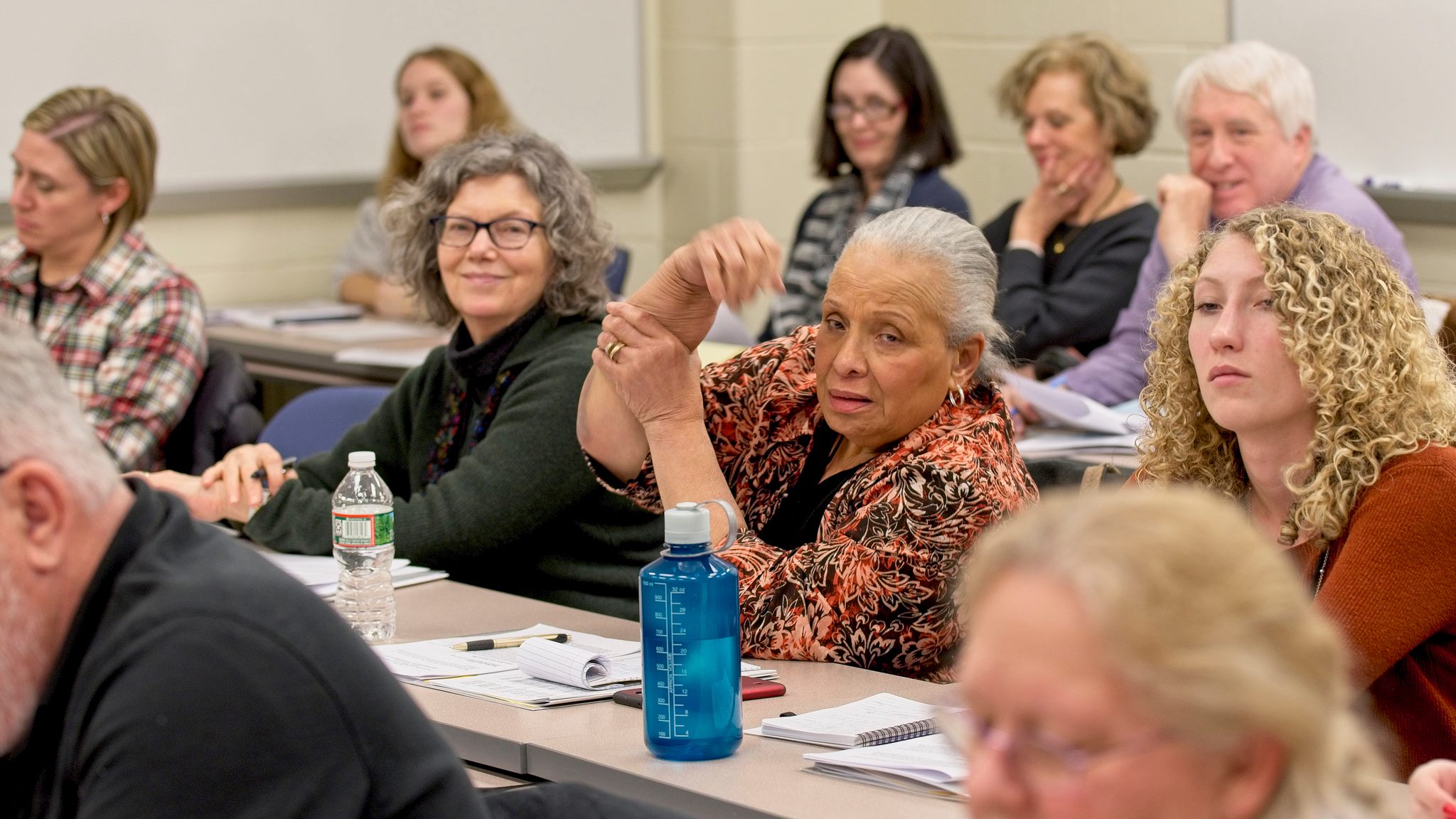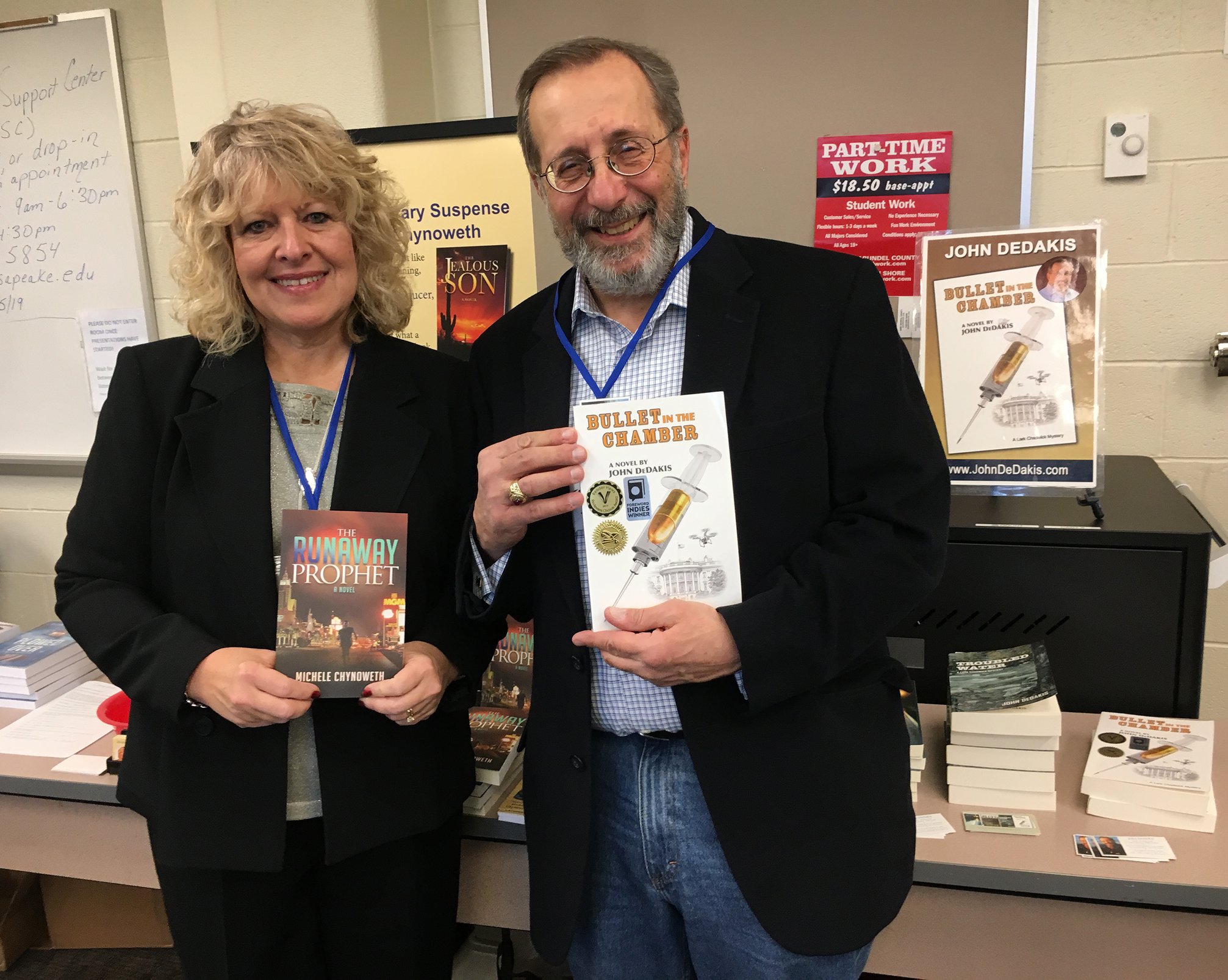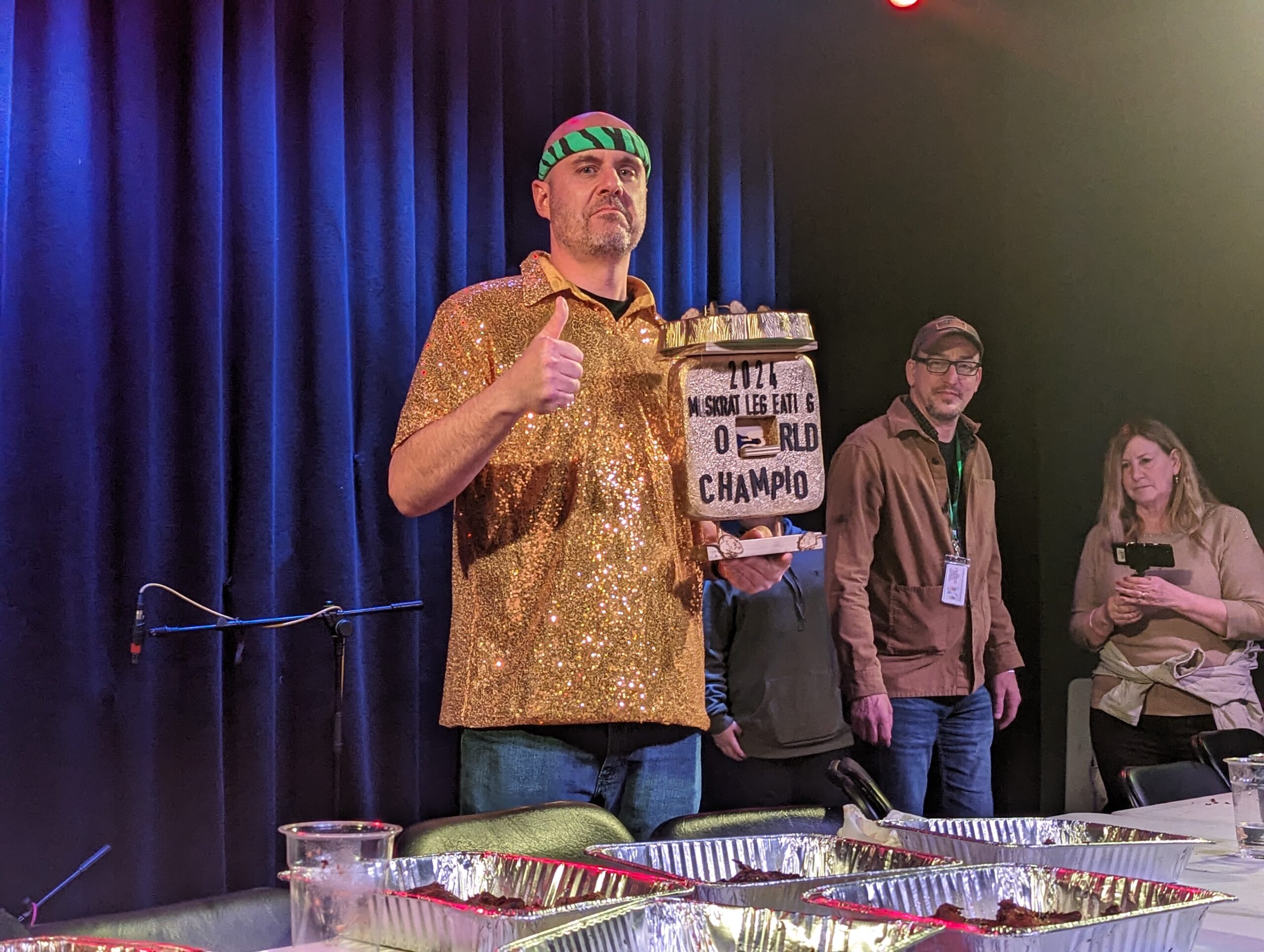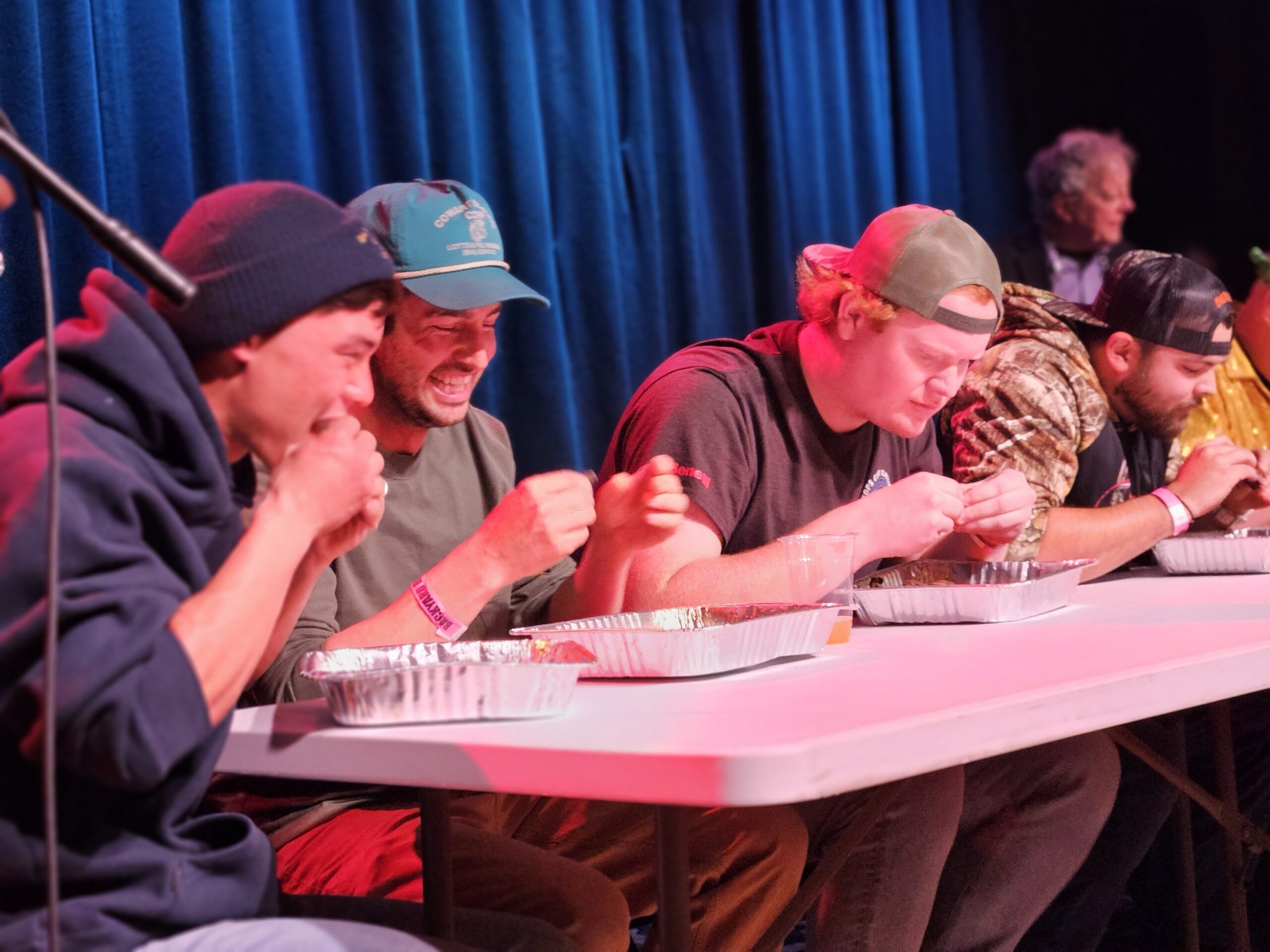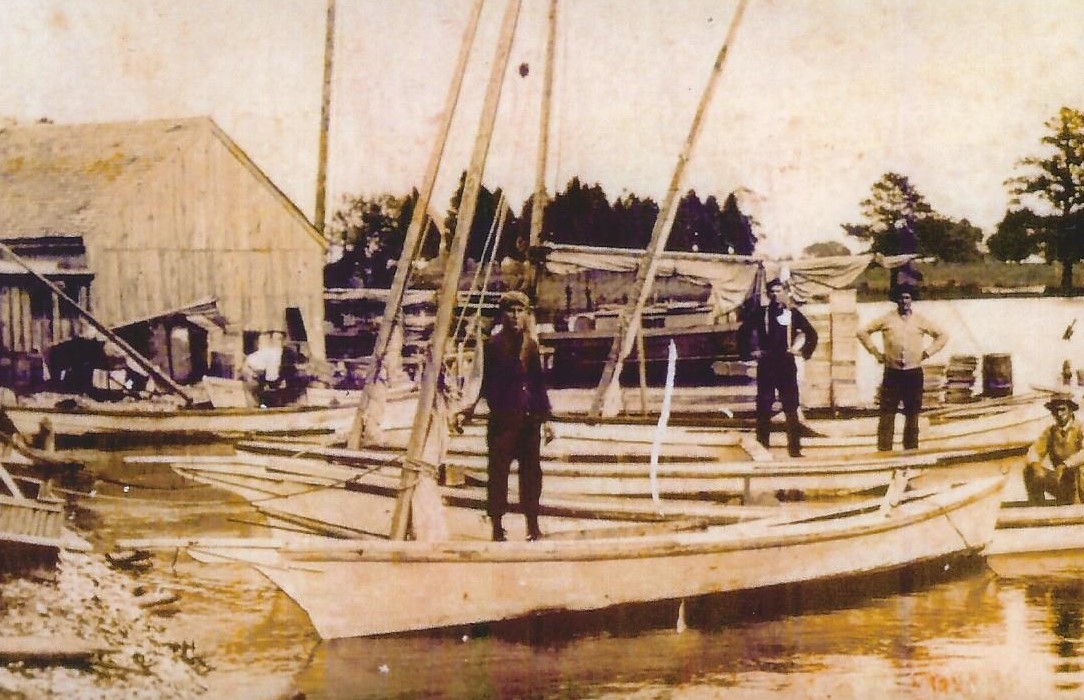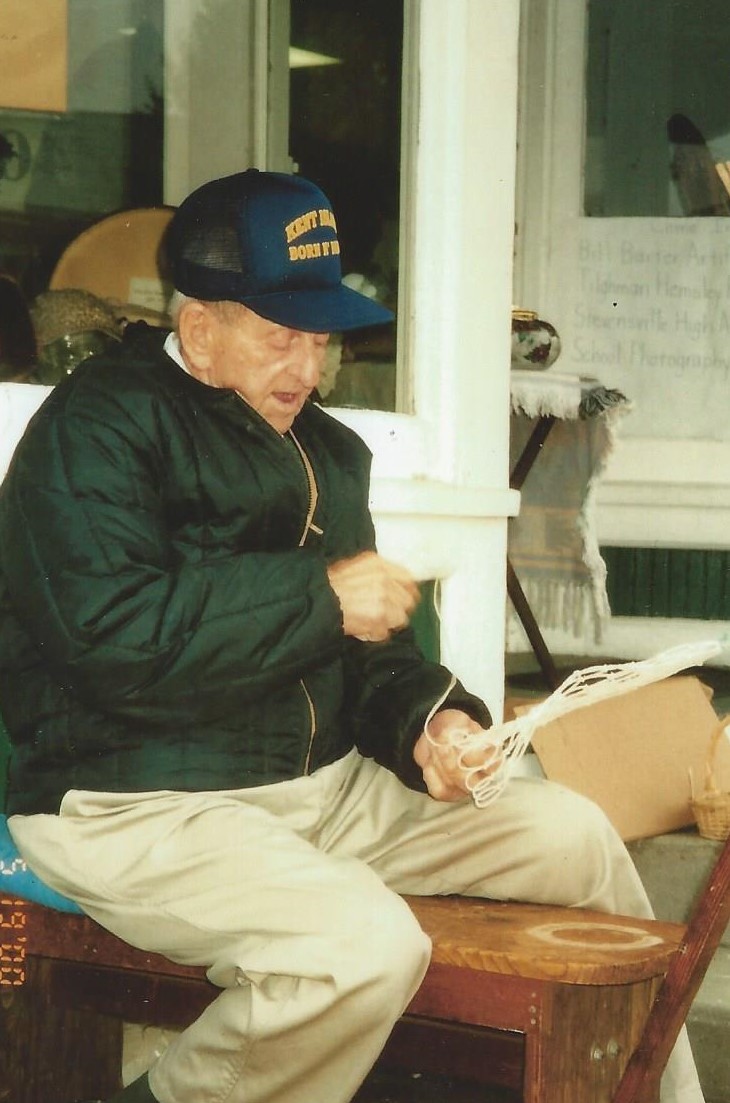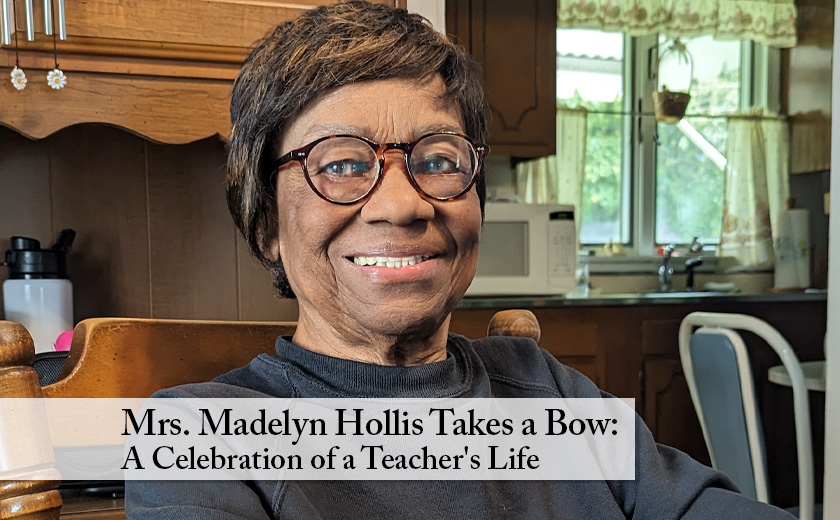
Capt. Tyrone Meredith Photos Courtesy of Chesapeake Bay Martimine Museum
“Like a farmer on the water, a fisherman has to get up early. After that it’s all about hard work and hustle,” – Capt. Tyrone Meredith
In June, WATER’S EDGE: BLACK WATERMEN OF THE CHESAPEAKE, a documentary spotlighting African American contributions to the historic and modern culture and economics of the Chesapeake Bay region, won recognition at the 66th Capital Emmy Awards. The film features numerous Eastern Shore luminaries as well as lesser known individuals who either work the water or work to document the lives of those who do so.
The Capital Emmy Awards are presented by the regional chapter of The National Academy of Television Arts & Sciences, a non-profit, professional organization dedicated to encouraging and acknowledging artistic, educational, and cultural excellence, creative leadership, and technical progress within the TV industry.
WATER’S EDGE: BLACK WATERMEN OF THE CHESAPEAKE garnered its award in this year’s Diversity/Equity/ Inclusion – Long Form Content category.
Broadcast by Maryland Public Television, WATER’S EDGE explores the relationship between African Americans and the Chesapeake Bay and how the tradition of seafood harvesting fed millions while offering opportunities to local men and women that no other calling or vocation could provide.

Admiral Vince Leggett
Representing the Black, modern-era Bay waterman in the film is Queen Anne’s Countian Tyrone Meredith. A fifth generation boat captain, Tyrone grew up in Grasonville. His dad was Eldridge Meredith, the one hundred and first commissioned admiral of the Chesapeake and the fifth African American to be officially honored for a lifetime of extraordinary commitment to the Chesapeake Bay.
A lifelong entrepreneur, Admiral Meredith pioneered the establishment of the headboat fishing party tradition that seventy years later still operates out of Kent Narrows today. Whereas a charter boat is an expensive outing booked by groups in advance, the headboats provided more affordable fishing excursions for individuals and smaller parties. The captains of these boats were and are predominantly African American oystermen and crabbers who survived the mid-twentieth-century decline of their industry by knowing how to adjust to market realities.
After eight decades working the water, and mere months after the prestigious recognition of his admiralty, Eldridge Meredith died in the summer of 2017 at the age of ninety one. His son Tyrone, in both the WATER’S EDGE documentary and in a recent oral history interview recorded for the Chesapeake Bay Maritime Museum (funded by the Upper Shore Regional Folklife Center and the Maryland State Arts Council), tells stories about how began working as a mate on his dad’s fishing boat at the age of six, ran a commercial crabbing business with his brother when he was twelve, and sees in his grandson the hope of keeping the waterman tradition alive. He says that some mornings he still hears his father’s voice saying, “It’s time to get up.”
Admiral Eldridge Meredith and those who prospered in his wake were well aware they were following a long tradition of African American watermen adapting to fit their current circumstances.
Before the Civil War, Marylanders had freed more slaves than any state in the nation. Working the water gave these men an independence not available on land. Away from watchful eyes they could make a living comparative to the poor white man, build relationships between themselves, and make contact with the outside world. The Chesapeake Bay was a means of freedom.

Tyrone Meredith, Alexis Aggrey, Imani Black. Image courtesy of T. Meredith
Historical African American figures with ties to the Bay who are profiled in the WATER’S EDGE documentary include the renown Oxford sailmaker Downes F. Curtis, the son of a waterman, and Frederick Jewett, who owned and operated the Coulbourne and Jewett Seafood Packing Company in St. Michaels with his partner Willaim H.T. Coulbourne. Located on the site that is now the home of the Maritime Museum, the Coulbourne and Jewett oyster shucking and crab picking operation opened in 1902 and Jewett’s son Elwood ran the company until 1965. At the height of their success Coulbourne and Jewett packed a million pounds of crab meat annually and were the biggest employers in town. Frederick Jewett is credited for devising the 5-tier system the industry still uses to grade crab meat.
Interviewees in the documentary include the accomplished professor, author, and speaker Dr. Clara Small, an expert in Eastern Shore African American history, Pete Lesher, the Chief Curator at the Chesapeake Bay Maritime Museum, and Chesapeake Admiral Vince Leggett, founder of Blacks of the Chesapeake Foundation who notes that historically “people of means lived on the hill, limited resource people lived along the water’s edge – high reeds, high mosquitoes, bottom land, creeks and necks,”

Capt. Tyrone Meredith, Admiral Eldridge Meredith
Biologist, oyster farmer, and Chestertown native Imani Black, founder of Minorities in Aquaculture, a 501c3 nonprofit dedicated to a vision of a sustainable and inclusive seafood harvesting is featured, as is Monica Davis, the director of Oxford’s Water’s Edge and Bellevue Passage Museum, musician-songwriter Kentavius Jones of the Maryland Spiritual Initiative, artist Marc Castelli, and Tarence Bailey, Sr, the five-times great-nephew of Eastern Shore native Frederick Douglass.
The documentary’s director, Alexis Aggrey, is the founder and principal executive of the Aggrey Company, a regionally based film production company with a goal to focus on giving people of color and marginalized communities “a chance to learn about themselves through their stories told through the lens of their own experience.”
Maryland Public Television, the media distributor of WATER’S EDGE, describes the award-winning film as chronicling the brave and resilient “unsung Marylanders that revolutionized an industry, dreamed beyond their circumstances and are still keeping this tradition alive today”
In Captain Tyrone’s part of the documentary, he says in an interview, “My great-great-grandfather came to Kent Island in 1867. He was a waterman. Oystered in the winter, crabbed during the summer. His son was Richard Meredith. Then my father’s father was Earl Meredith. He also worked as a waterman. Then my father crabbed and oystered (before starting his fishing party business).” Then the scene cuts to Tyrone in the cabin of his boat where he smiles and says, “I put on the captain’s hat now.”
His statement is literal but metaphorically carries centuries of significance and weight.
WATER’S EDGE: BLACK WATERMEN OF THE CHESAPEAKE can be viewed at https://video.mpt.tv/video/waters-edge-black-watermen-of-the-chesapeake-lo9iwq/
Brent Lewis is a native Chesapeake Bay Eastern Shoreman. He has published two nonfiction books about the region, “Remembering Kent Island: Stories from the Chesapeake” and a “History of the Kent Island Volunteer Fire Department.” His most recent book, “Stardust By The Bushel: Hollywood On The Chesapeake Bay’s Eastern Shore”won a 2023 Independent Publishers award. His first novel, Bloody Point 1976, won an Honorable Mention Award at the 2015 Hollywood Book Festival. He and his wife Peggy live in Centreville, Maryland.
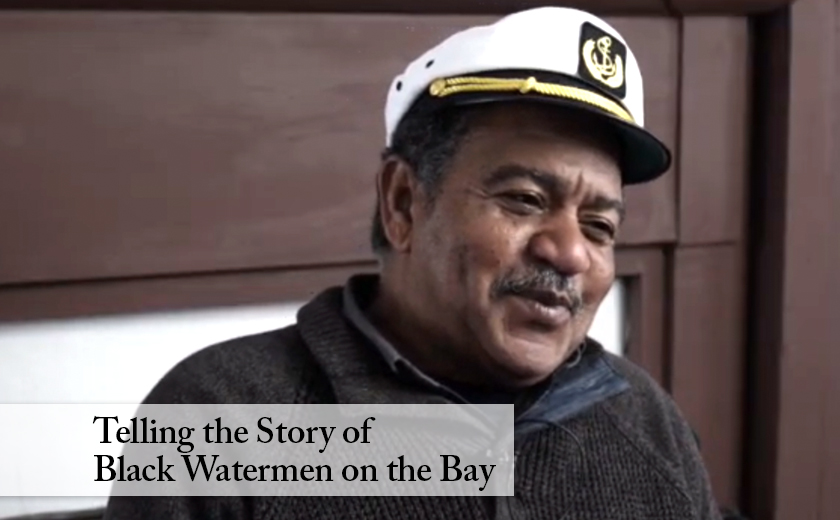




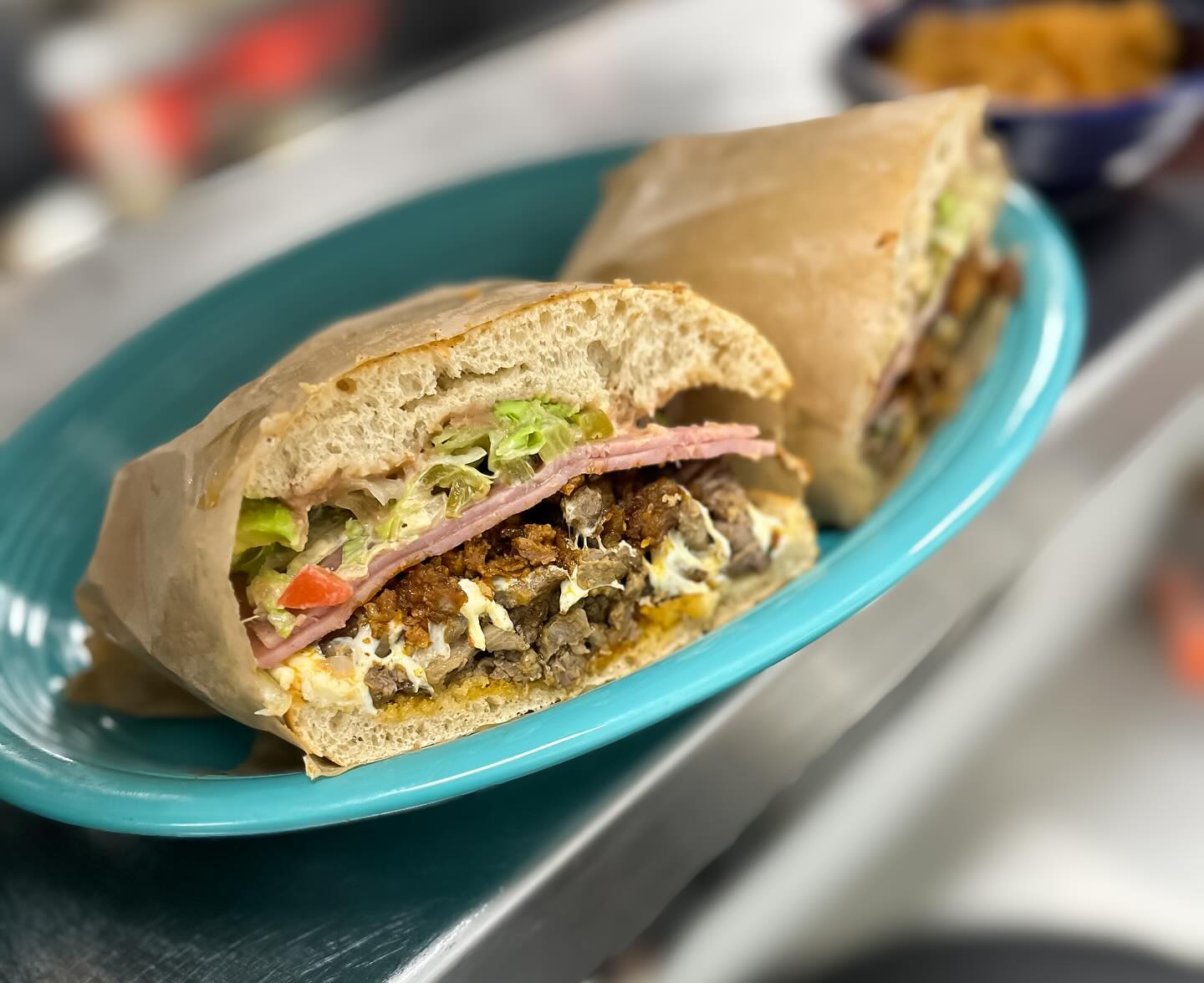
 Soon after Centreville’s newest restaurant opened, Katie Harris Manley, a retail manager, went to Uno Más with friends for a Girls Night Out. Her review? “Outstanding.”
Soon after Centreville’s newest restaurant opened, Katie Harris Manley, a retail manager, went to Uno Más with friends for a Girls Night Out. Her review? “Outstanding.”
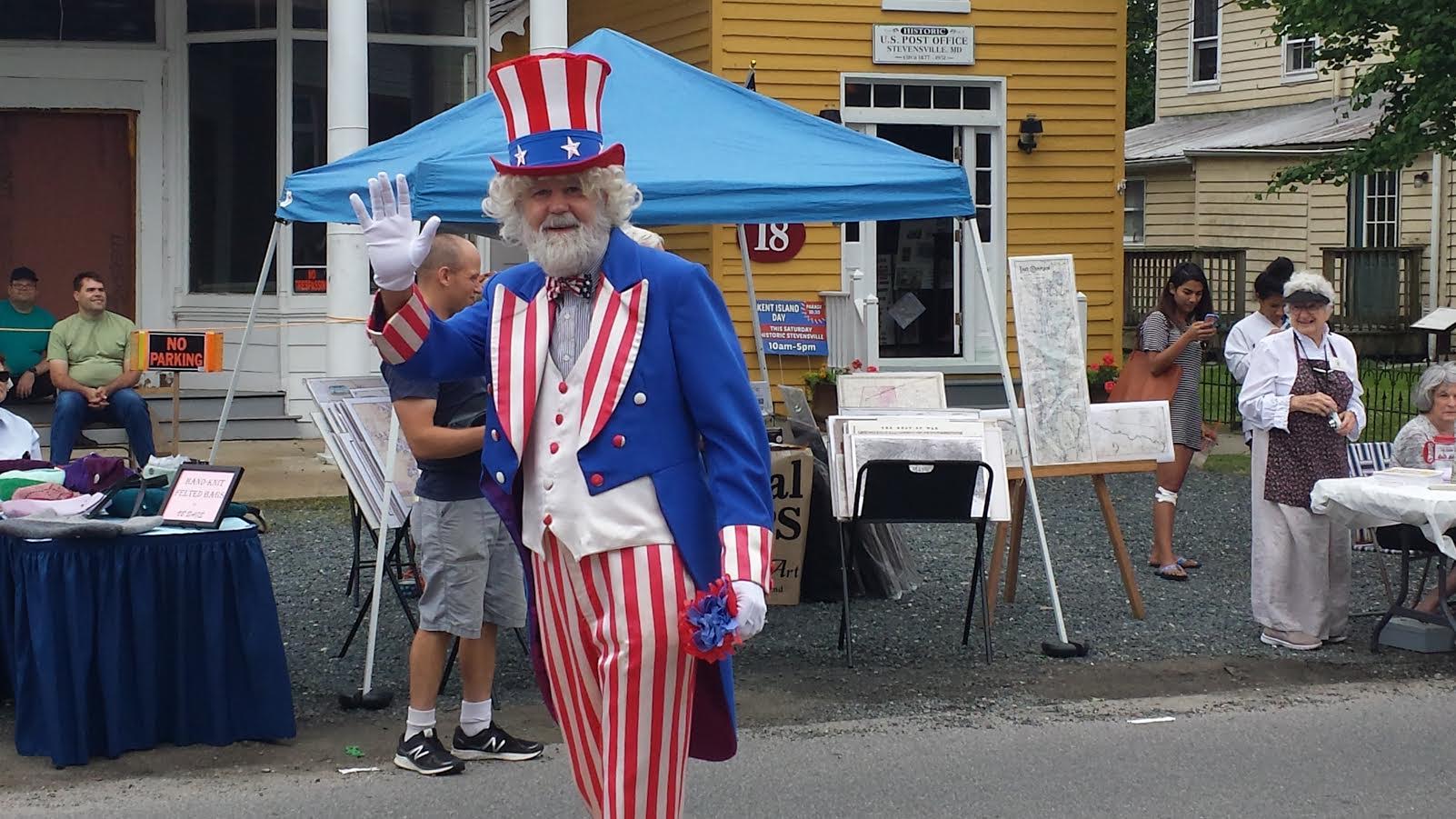

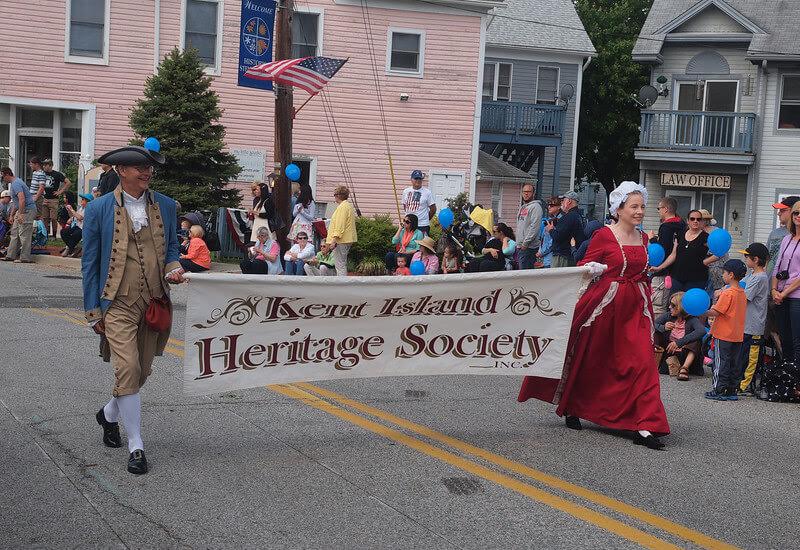 For a couple of weeks during the War of 1812, British forces occupied and plundered Kent Island, launching mostly unsuccessful attacks on the nearby towns of Queenstown and St. Michaels in Talbot County.
For a couple of weeks during the War of 1812, British forces occupied and plundered Kent Island, launching mostly unsuccessful attacks on the nearby towns of Queenstown and St. Michaels in Talbot County. 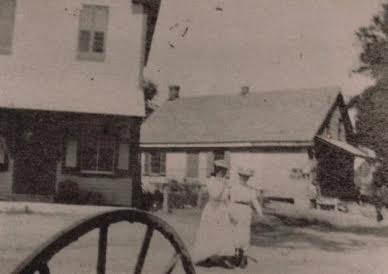 In 1917, Kent Islanders, led by state senator James Kirwan, banded together to defeat the federal government’s plans to relocate all residents of the island and build a weapon testing site here.
In 1917, Kent Islanders, led by state senator James Kirwan, banded together to defeat the federal government’s plans to relocate all residents of the island and build a weapon testing site here. 
 Stacy Bernstein, Kent Island Day’s Event Administrative Coordinator, says that this year’s celebration will have something for everybody because it’s important to “acknowledge and take pride in our shared past as that history connects us through time and encourages us to continue to nurture those connections.”
Stacy Bernstein, Kent Island Day’s Event Administrative Coordinator, says that this year’s celebration will have something for everybody because it’s important to “acknowledge and take pride in our shared past as that history connects us through time and encourages us to continue to nurture those connections.” 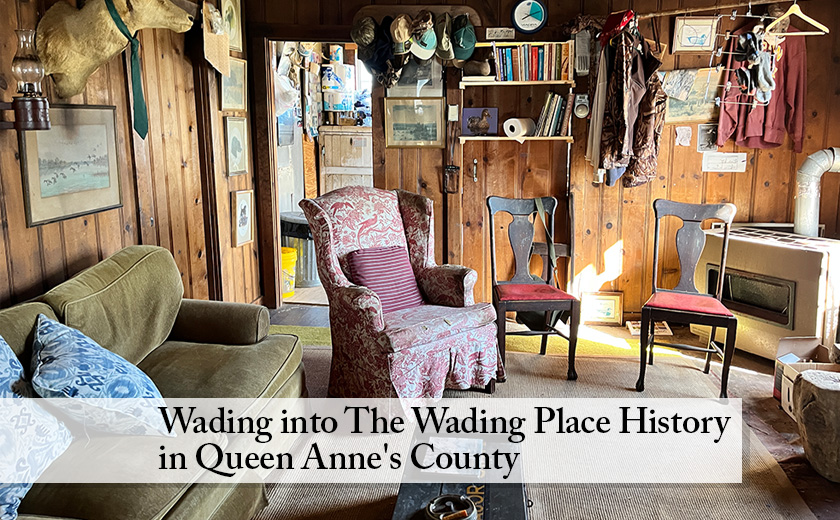

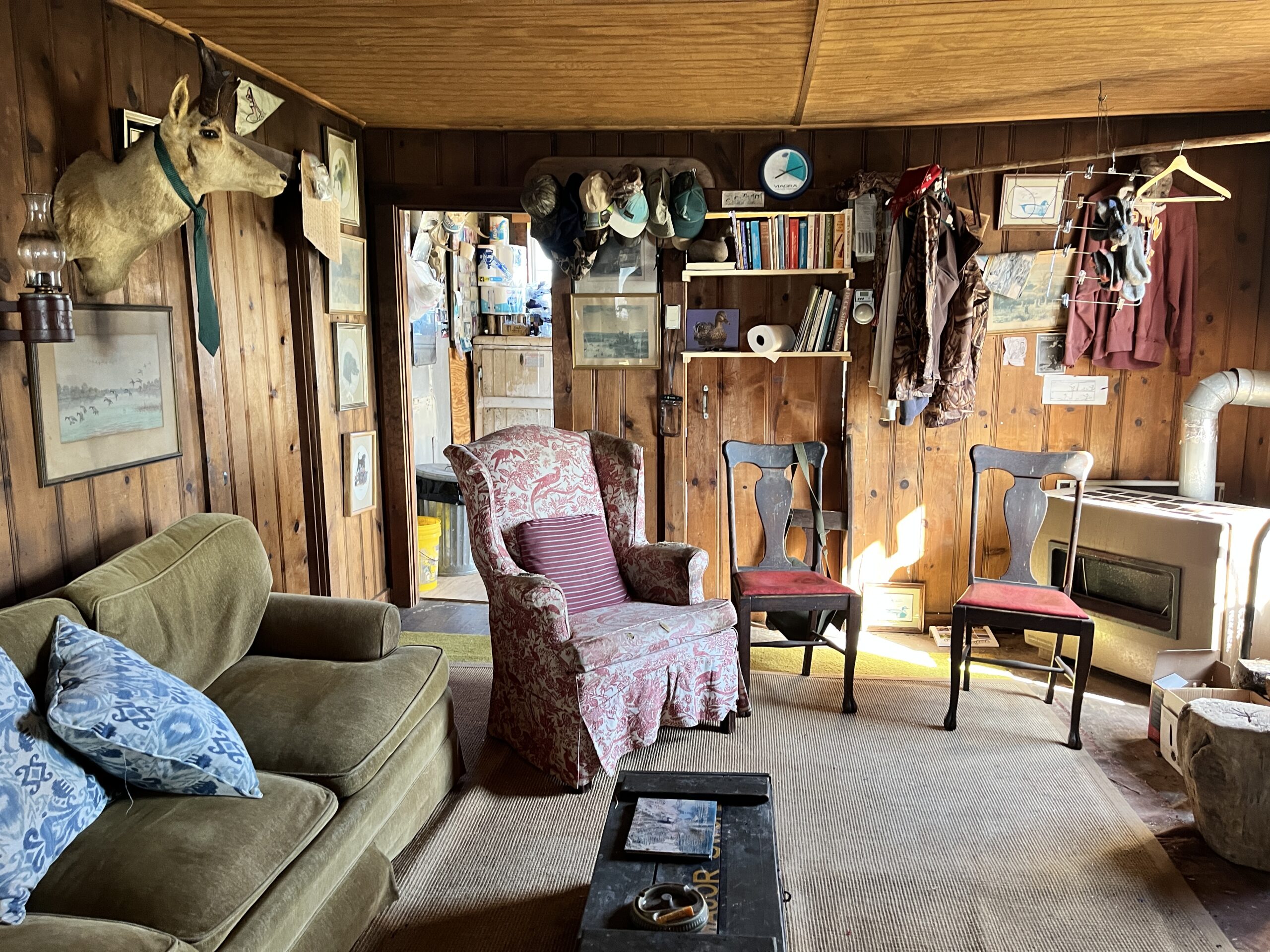
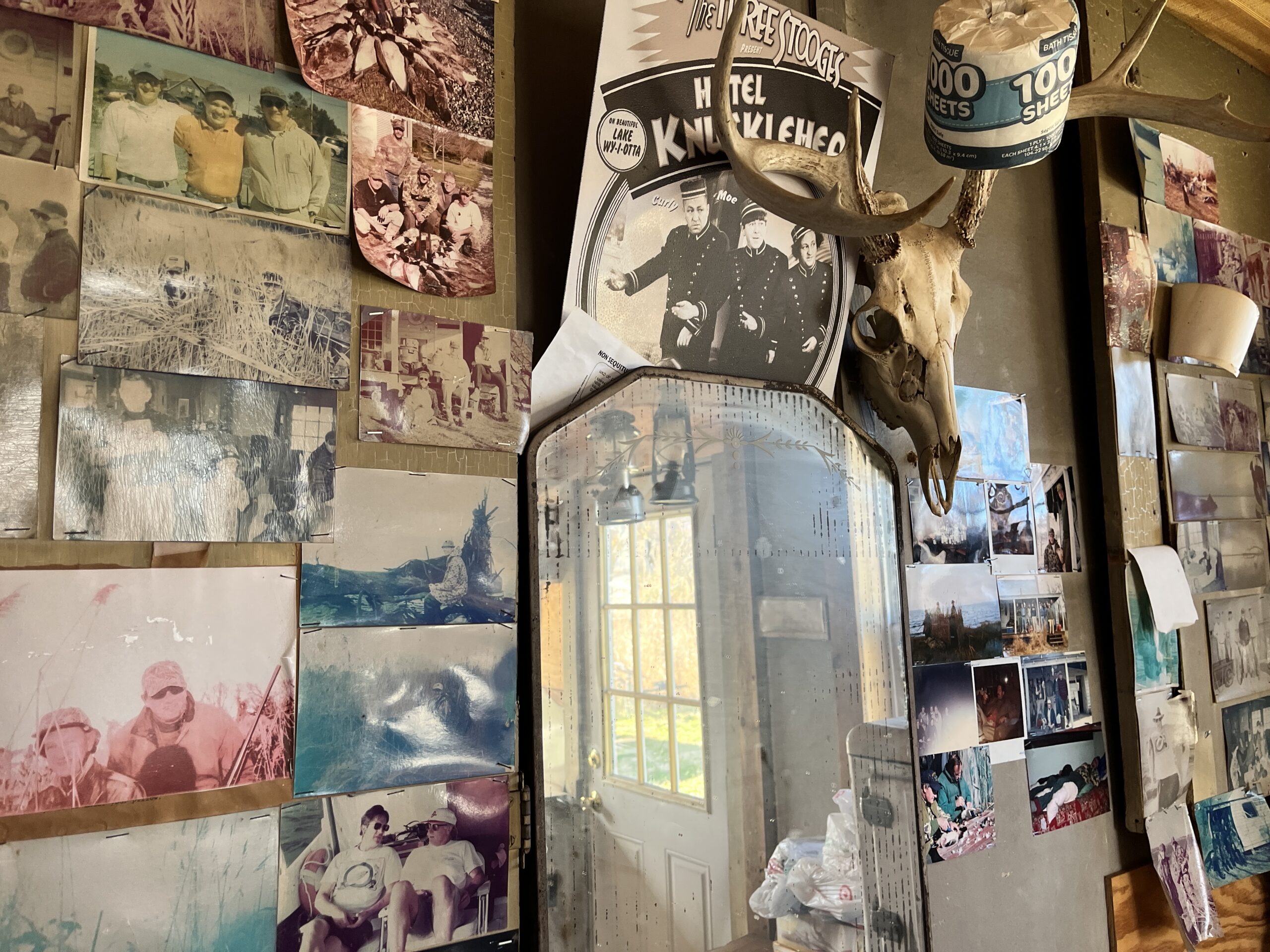 The Wading Place, 2024:
The Wading Place, 2024:
